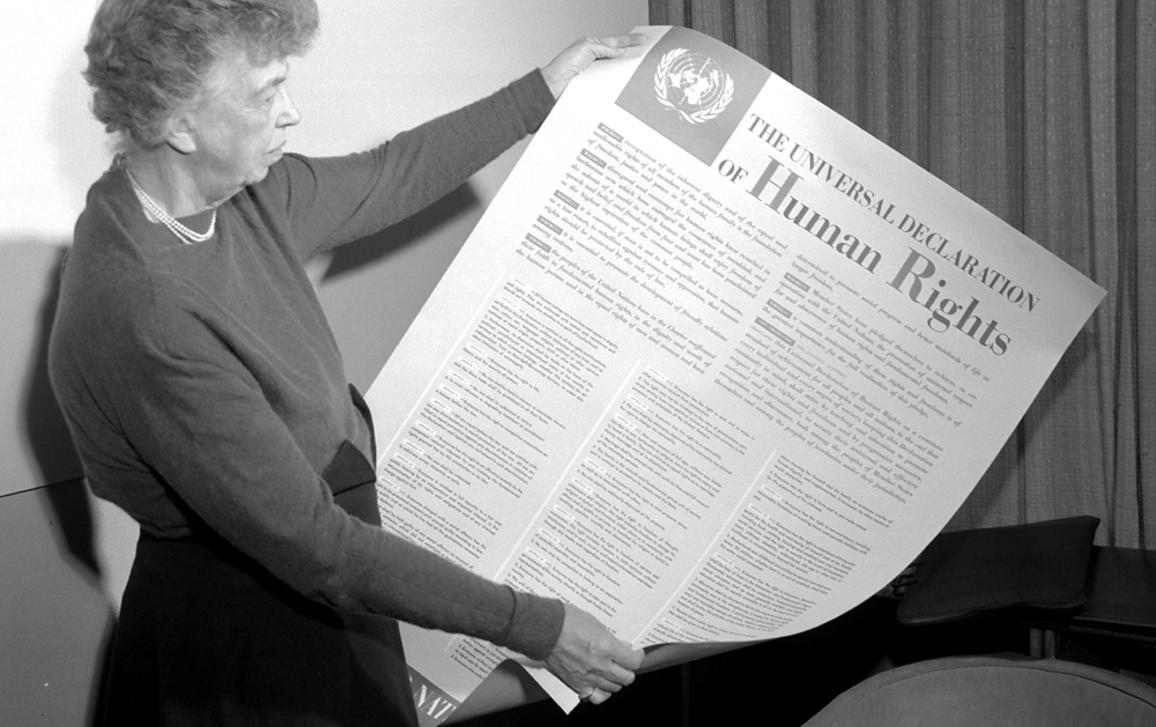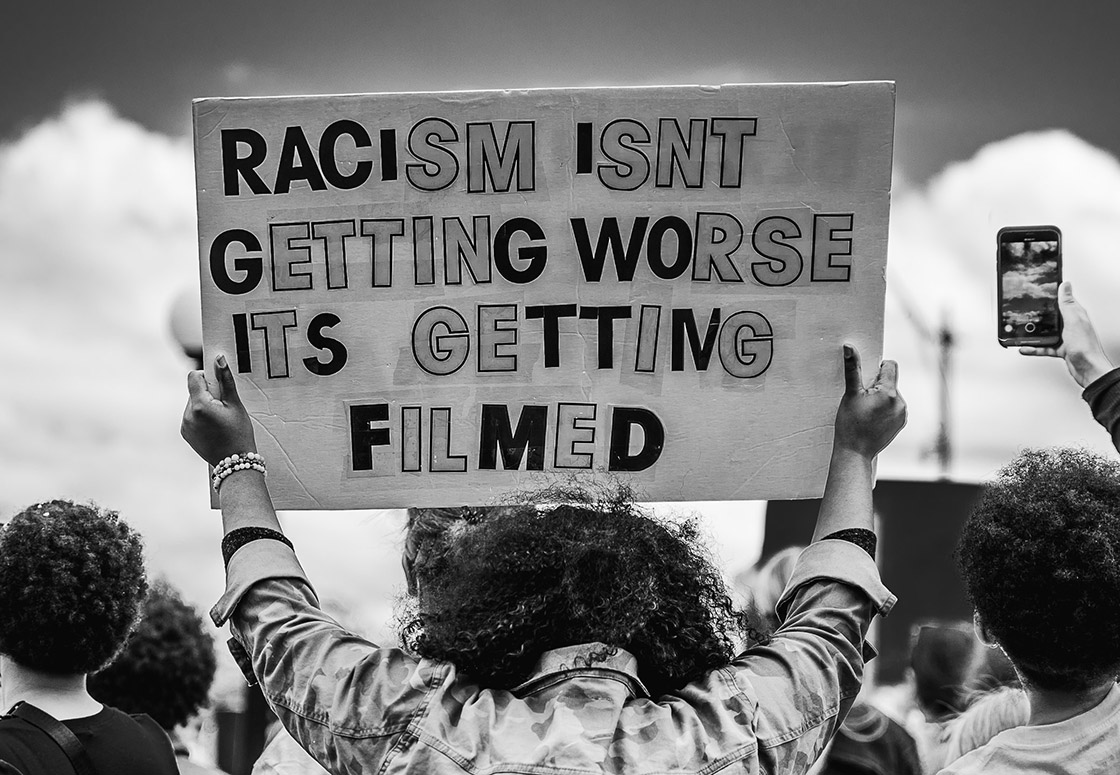By Terpsi Vasilopoulou,
The question of whether contemporary world politics is less racist than it was in the past is a nuanced and complex one. Racism, deeply rooted in historical injustices and power imbalances, has shaped global affairs for centuries and while progress has been made in some areas, challenges persist, raising doubts about the extent to which the world has truly evolved towards a less racist political landscape.
To evaluate the evolution of racism in world politics, it is crucial to examine the historical context and acknowledge the significant strides made since the blatant racism of colonial eras. The post-World War II period witnessed the dismantling of formal colonial structures, leading to the emergence of independent nations. Yet, the scars of colonialism and its racial hierarchies lingered, influencing power dynamics in global politics. During the Cold War, ideological conflicts took center stage, diverting attention from racial issues. However, this period also witnessed the struggle against racial segregation in the United States and the fight against apartheid in South Africa. The push for civil rights gained momentum, challenging racist structures domestically and resonating globally. The end of the Cold War brought a newfound focus on human rights, but challenges persisted, especially in regions marked by ethnic and racial tensions.

The modern era of globalization has brought interconnectedness but also exposed deep-seated inequalities. Economic globalization, while fostering development in some regions, has perpetuated exploitation and discrimination in others. The impact of globalization on racial dynamics is complex, with the commodification of culture and the persistence of racialized economic disparities raising concerns. Contemporary world politics is still marked by racialized conflicts, challenging the narrative of a post-racial era. Ethnic and racial tensions continue to fuel conflicts in various regions, from the Middle East to Southeast Asia and Africa. The persistence of genocides, ethnic cleansing, and racialized violence underscores the ongoing challenges in eradicating racism.
International institutions have played a role in addressing racism on a global scale too. The establishment of bodies like the United Nations and initiatives like the Universal Declaration of Human Rights marked a commitment to combating discrimination. The emphasis on human rights in contemporary politics has brought attention to the intersectionality of discrimination. Issues such as gender-based violence, LGBTQ+ rights, and indigenous rights intersect with racial struggles, highlighting the interconnected nature of systemic oppression. However, the effectiveness of these efforts remains a subject of debate, as geopolitical power imbalances often hinder meaningful progress. While advancements have been made, it is essential to address the overlapping layers of discrimination to foster genuine progress.
At the same time, the role of media and cultural influences in shaping perceptions cannot be ignored. While increased representation of diverse voices is a positive step, stereotypes and biased narratives still persist. The digital age has facilitated global conversations on racism, yet it has also given rise to online hate speech and discriminatory narratives.
In assessing whether contemporary world politics is less racist than in the past, it becomes evident that progress has been made in some areas. However, the persistence of racialized conflicts, economic disparities, and systemic inequalities highlights the ongoing challenges. Achieving a less racist world requires a comprehensive approach, addressing historical injustices, promoting inclusivity, and dismantling discriminatory structures. The path forward involves a collective commitment to justice, equality, and respect for the inherent dignity of all individuals, irrespective of their racial or ethnic background.
References
- Baylis J., Smith S. The globalisation of world politics Oxford. Eighth Edition
- Critiquing race and racism in development studies (special issue of progress in development studies 2006)
- Anievas A., Manchanda N., Shilliam R., (2015) . Race and racism in international relations: confronting the global colour line.




